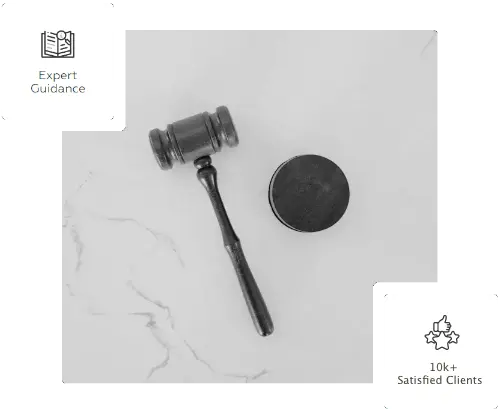The laws covering whether you can be fired for temporary or short-term disability due to physical or mental illness or injury are complicated. And it can even be trickier to give a straight answer in light of the unprecedented reality of the present time due to the coronavirus pandemic.
But generally, the answer depends on whether you were taking leave under the Family and Medical Leave Act (FMLA) or similar state leave law, taking other unpaid leave, or collecting workers’ compensation temporary disability benefits.
Your job is not automatically protected whether or not you are collecting short-term or long-term disability insurance benefits. An individual can always be fired due to business necessity or laid off for performance issues that don’t necessarily have to do with their disability.
Also, there are some situations in which an individual can legally be fired even though they are on disability leave, as long as their employer didn’t run afoul of any of the rules under the American with Disability Act (ADA).
This article looks at certain areas of legal provisions that can guide you on your next move if you have been laid off for short-term disability during coronavirus.
What Is Considered A “Disability”
- Before considering the various options open to you on your matter, it is important to look at what counts as a “disability” in the eyes of the law.
Disability is generally defined as any sort of injury or illness that renders one unable to do their job. This may include a major injury with a long recovery period, an illness that requires regular treatment, or an injury sustained in an accident.
- In fact, mental issues such as depression that make it challenging for you to meet your job demands may also qualify as a disability. However, an individual must be able to prove that they’d been struggling with the issues for some time. For example, a proof that the affected person has been consulting a psychiatrist could be presented to strengthen their claim.
What Is Short-Term Disability?
- Short-term disability is a type of insurance benefits that provides some compensation or income replacement for non-job related injuries or illnesses that incapacitated you from working for a limited time period. Please note that injuries that happen in the course of discharging your work duties will typically be covered by workers’ compensation, rather than short-term disability.
Who Provides Short-Term Disability Insurance?
- Your employer might offer you a short-term disability plan, but this depends on the subsisting laws of your state regarding the matter. Only five states (California, New Jersey, Hawaii, Rhode Island and New York) mandate employers to offer a short-term disability plan to their employees. Meanwhile, many employers choose to offer temporary disability benefits anyway as they receive a federal tax reduction for doing so.
In the event that disability benefit is not offered by your employer, you can purchase insurance for disability privately. The cost typically varies depending on your age and your annual income. Ideally, you should expect to pay between 1-3% of your annual gross income. Short-term disability insurance can be purchased by visiting an insurance agent in your state who is licensed to sell disability insurance.
Do You Have Job Protection If You Couldn’t Work Due To A Temporary Disability?
- Unlike a leave of absence you make under FMLA, temporary disability doesn’t offer any direct job protection. That said, you can be legally fired from your job while on leave, and you also are not entitled to the exact position when you returned (in case you are later reconsidered).
The ADA protects people who meet its standard or definition of disability. The law makes it far more challenging for companies who are covered by ADA (businesses that employ 15 or more workers) to fire an employee as a result of disability.
- There are conditions your employer must make before taking the decision to lay you off. For example, ADA mandates every business covered by the law to first determine whether or not they could “accommodate” (without causing the company “undue” hardship) the affected employee by making the job suitable for them given the nature of their impairment(s).
Your company must work with you to try several possibilities of accommodation in an effort to find something that works for both parties. Your employment can only be terminated after trying several options without finding any reasonable way to enable you fulfill the essential responsibilities of your position.
Wrapping up
If you were fired while on disability leave (FMLA or not), speak to an experienced disability or employment lawyer in your state. You may have a claim for a wrongful termination under the FMLA or ADA. But before you file a lawsuit against your employer, you need to file a complaint with the Equal Employment Opportunity Commission (EEOC).


